On May 29, continuing the 5th session, the National Assembly held a plenary session in the hall to discuss the Report of the National Assembly's Supervisory Delegation on the mobilization, management and use of resources for COVID-19 prevention and control; and the implementation of policies and laws on grassroots health and preventive medicine.
Through discussion, National Assembly deputies highly appreciated the selection of this supervision topic as practical, timely and effective; acknowledged and appreciated the sense of responsibility and efforts of the Supervisory Delegation and relevant agencies that closely coordinated with the Government, ministries, branches, the Fatherland Front, and local authorities at all levels in conducting supervision, contributing to improving the quality of the National Assembly's supreme supervision.
It affirmed that the use of resources for COVID-19 prevention and control; the implementation of policies and laws on grassroots health care and preventive medicine has always been of interest to the Party, the State, localities, the entire political system and the whole society, and has achieved very important and positive results, contributing to the good performance of the task of caring for and protecting people's health during the epidemic period, contributing to the successful implementation of the set dual goals.
The determination to join hands and unite, the spirit of solidarity of the entire nation under the leadership of the Party is the decisive factor helping us to win the COVID-19 pandemic. The efforts of the Government, local authorities, the entire political system, all levels, unions, social organizations... the enthusiastic and responsible help of the international community, together with the voluntary compliance, support and sharing of the entire population have made very important contributions to the success in the work of preventing and fighting the pandemic.
Vietnam's greatest success in preventing and fighting the epidemic is that the people trust the Party and State's policies, are united in implementing epidemic prevention solutions, and demonstrate solidarity and compatriotism in the face of hardship and difficulty, to achieve specific achievements in preventing and fighting the epidemic...
However, the pandemic has exposed difficulties, inadequacies, and limitations in mobilizing, managing, and using resources for COVID-19 prevention and control; limitations in implementing legal policies on grassroots health and preventive medicine such as: the current legal system has not covered everything, has not regulated the relationships and situations that arise. The management, use, payment, and settlement of epidemic prevention and control funds from the state budget during and after the peak period of epidemic prevention and control are still slow, causing many difficulties and problems that have not been resolved promptly and thoroughly.
The management and coordination of social resources are sometimes limited, confusing in organization and implementation, and ineffective in use. There have been serious violations in mobilizing, managing and using resources for epidemic prevention and control. The organization of the grassroots health system is not really stable, having undergone many changes, the management model of district health centers has not been implemented uniformly nationwide; Although the grassroots health and preventive health human resources have been consolidated, they are still lacking in quantity and limited in qualifications and professional capacity; Investment in grassroots health and preventive health is still inadequate, not commensurate with the viewpoint that "preventive health is the key, grassroots health is the foundation"...
Delegates also proposed many measures to both make the best use of the results and achievements gained in the past time and promptly and effectively handle the difficulties, inadequacies and limitations that still exist through monitoring, such as: needing a reasonable decentralization mechanism in responding to epidemics; focusing on investment in medical stations in remote and isolated areas; continuing to pay attention to policies to attract human resources for grassroots health care and needing to have remuneration policies commensurate with the specific work of grassroots health care workers; needing solutions to overcome difficulties in purchasing to ensure the supply of equipment and biological products, especially after the post-COVID-19 period...
Mai Lan
Source link


![[Photo] Solemn opening of the 12th Military Party Congress for the 2025-2030 term](https://vphoto.vietnam.vn/thumb/1200x675/vietnam/resource/IMAGE/2025/9/30/2cd383b3130d41a1a4b5ace0d5eb989d)
![[Photo] President Luong Cuong receives President of the Cuban National Assembly Esteban Lazo Hernandez](https://vphoto.vietnam.vn/thumb/1200x675/vietnam/resource/IMAGE/2025/9/30/4d38932911c24f6ea1936252bd5427fa)
![[Photo] Panorama of the cable-stayed bridge, the final bottleneck of the Ben Luc-Long Thanh expressway](https://vphoto.vietnam.vn/thumb/1200x675/vietnam/resource/IMAGE/2025/9/30/391fdf21025541d6b2f092e49a17243f)

![[Photo] The 1st Congress of Phu Tho Provincial Party Committee, term 2025-2030](https://vphoto.vietnam.vn/thumb/1200x675/vietnam/resource/IMAGE/2025/9/30/1507da06216649bba8a1ce6251816820)
![[Photo] General Secretary To Lam, Secretary of the Central Military Commission attends the 12th Party Congress of the Army](https://vphoto.vietnam.vn/thumb/1200x675/vietnam/resource/IMAGE/2025/9/30/9b63aaa37ddb472ead84e3870a8ae825)
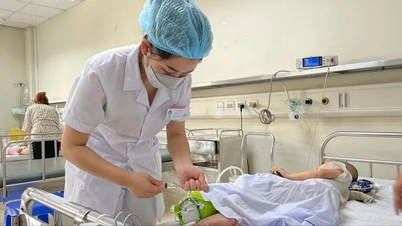

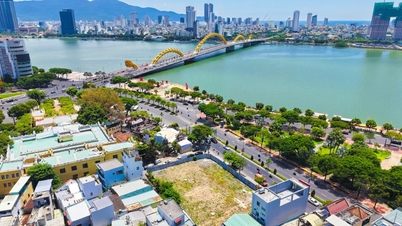









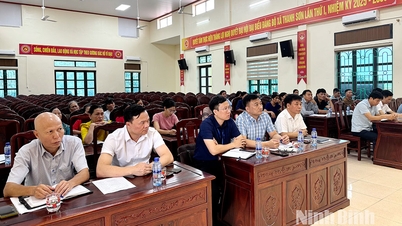

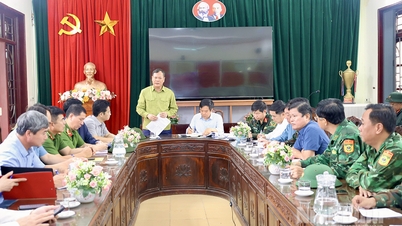
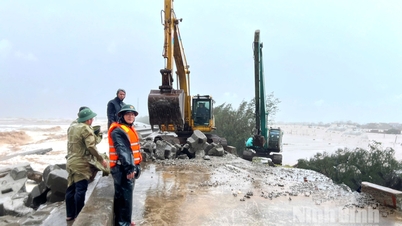
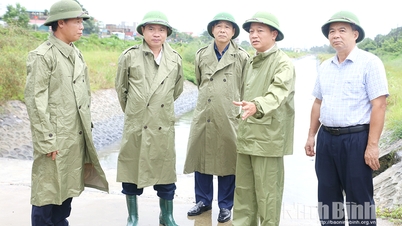




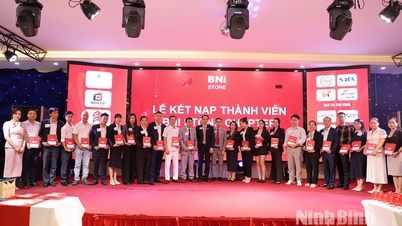


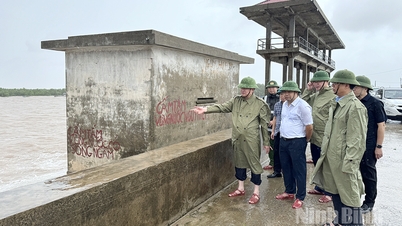
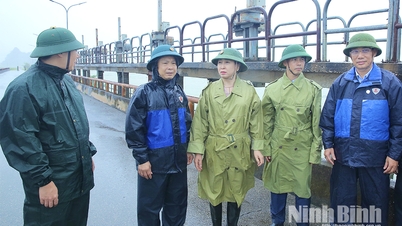
















































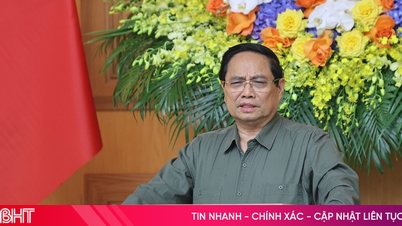



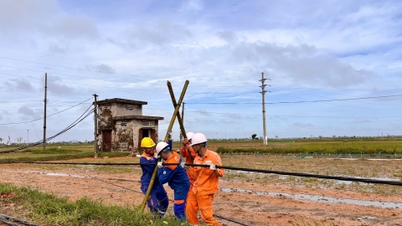

















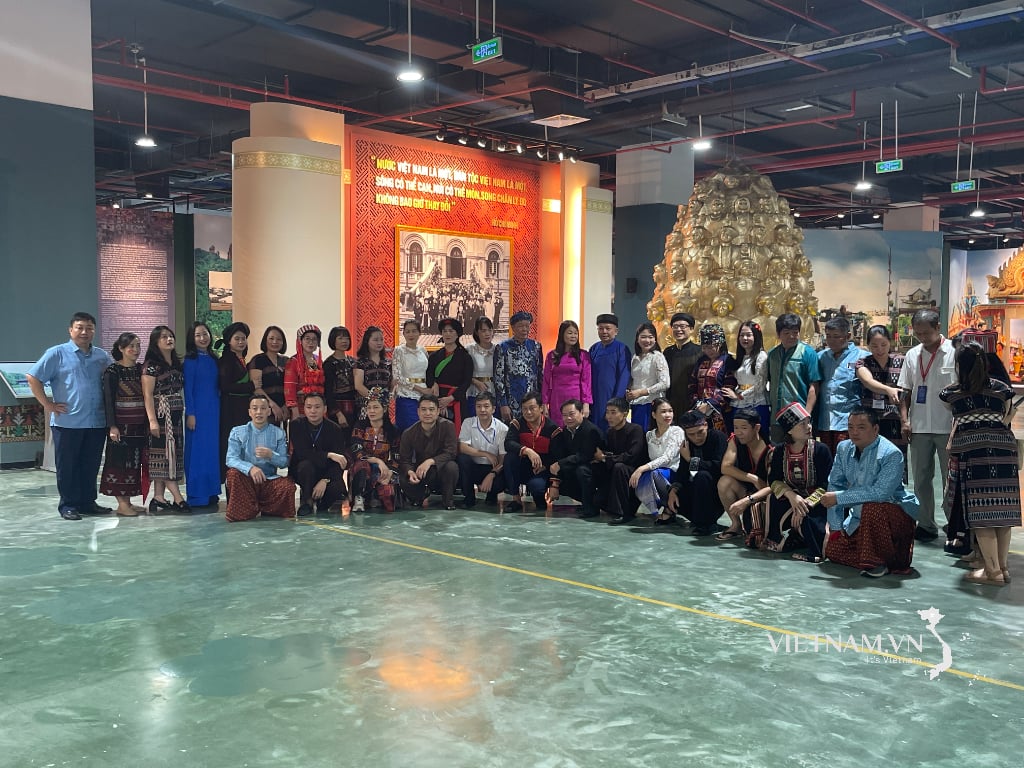
Comment (0)